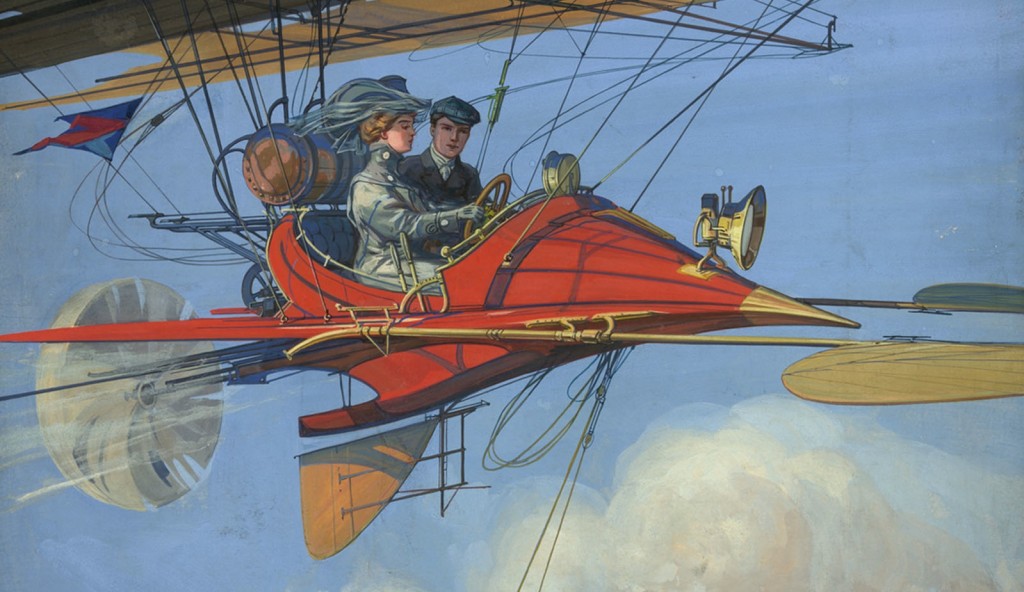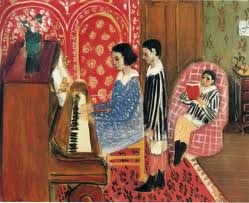On December 8th 2012, Moscardino publishes the new and extended eBook version of the novel The Heart of Sitnatia by British author Adam Biggs. A wonderful fantasy adventure: from the depths of the Earth to a mysterious far away island…
Previously published with Lulu.com in 2011, the story begins with the finding of three ancient talismans, each of them linked to a guardian: a wise old man called Vivre…
The morning sunlight that had started breaking through the window suddenly faded and Amelia jumped up as the charred coals behind her burst into life, nearly singeing her pyjamas. Confused, she slowly turned on the spot, looking about the room for signs of any other weird things happening. That is, other than the rain cloud that seemed to appear out of thin air over her head, with sparks of miniature bolts of lightning exploding out of it in all directions. CRACK! A bolt of yellow lightning hit the floor a few metres from Amelia, breaking the floorboards in two and, without warning or invitation, a huge man appeared, surrounded by green sparkly smoke that swirled about him, until it seemed to join the storm cloud hovering above their heads as if to make one huge indoor monsoon.
Amelia stood there, mouth open and face squinting, head tilted on her shoulder like a dog waiting for a treat. “You’re going to have to clean that up,” were the first words she could bring herself to utter, almost oblivious of the fact that there, right there in her father’s bar, stood a seven-foot-tall pale man with white hair and wearing a cream tunic.
He held a staff and had an elongated and wrinkled face.
“I AM VIVRE,” bellowed the stranger.
“Shhh,” Amelia hastily replied, her hands waving furiously in front of her mouth, “my dad is sleeping! He’ll kill us both if he sees this mess!”.
“I am the guardian of the shard,” he said, with a more subdued tone.
Seamus, a leprechaun…
As the green cyclone slowed, so did the rainbow blasts. Reginald and Sid rubbed their eyes and stared in disbelief at the tornado. Deep in its centre they could make out a shape. There, in the green smoke, was the silhouette of a short, squat little man in a top hat, slowly spinning and ever so gently coming to a halt.
As the little man came to a stop and floated down to the ground, they could see that he was no taller than the edge of the worktable. He had broad shoulders, a little green waistcoat, a top hat, shorts which showed off his hairy legs, little black boots with great big leather tongues and gold buckles, a beard of the finest red hair and a bulbous nose.To tell the truth, he looked, for all the world, like a leprechaun, while the glitter continued to rain down.
The colourful explosions ceased, leaving shiny-coloured debris on the wooden floor.
and a little Chinaman whose name is Ping-Ping…
Arthur picked up a book from the shelf and leisurely swung the satchel onto the table.“Blind, I’m blind,” said a voice from behind him. He spun round only to see, to his amazement, that the satchel was covering the head of what looked like a man in a red and gold Chinese robe. He was holding a parchment in one hand and the Sphere of Ping-Ping in the other. Arthur could just make out a wisp of grey beard poking out of the opening of the satchel. Dropping the book, he grabbed the satchel and the jade ball. “What do you think you are doing in there?”
In a thick oriental accent the man replied, “Ping-Ping, you did not summon me?” He looked about the room suspiciously. “I am to fulfil my duty and grant my master’s wish.”
Arthur watched with astonishment as Ping-Ping crawled about on all fours, under the table and around the chairs, calling for his master. Eventually, Arthur couldn’t take any more of it and, grabbing the little man by the scruff of his tunic, dragged him to his feet and held the jade ball in front of him. The little man was unable to take his eyes off it as Arthur moved it from side to side before him.
“You are my master, you rub the Sphere.”
These three bizarre guardians accompany four adventurers into another dimension that will bring them to the Island of Sitnatia and its many secrets. The four charachters could not differ more, in the sense that they have, apparently, nothing in common: the generous and kind schoolgirl Amelia, the handsome gentleman cat burglar Arthur Pound, the ruthless Reginald Catchpole and his cockney sidekick Sidney Slug. They all have a most important mission to accomplish in order to get their wishes granted. Let’s take a closer look at them and get to know them a little better…
Here is Amelia, «a very content little girl with ash blonde hair inherited from her mother and her father’s big brown eyes», so young but already struck by tragedy:
Amelia’s mother had died the previous summer, and she had now, ever so quickly, become her father’s right hand girl, filling all her spare time with chores. A proud and very loving man, her father had continued running the bar by himself, but this had placed a strain on him and the late nights meant that, now more than ever, Amelia was expected to grow up all the faster.
Every night before locking up, long after Amelia would have climbed up the wooden stairs to her bedroom, her father would put fifty pence on the top of the jukebox that stood in the corner of the lounge bar so that Amelia could have her choice of song as she cleaned down the bar before school. This was just one of the many jobs she had to get done when she woke, and every morning Amelia had chosen the same tune. «Angels played in the background»
As Robbie Williams sang, Amelia would think of her mum. It was her mother’s favourite song, and, as she polished the tables and knick-knacks, she would tap her feet and rock her head, dreaming dreams that masked her aching heart.
This is Arthur, portrayed as a gentleman and most charming adventurer:
Arthur Pound, the infamous cat burglar (and something of a lady’s man) dangled by a rope tied round his waist. It went up through a skylight in the ceiling and the other end of it was tied to the grill on an air conditioning unit that sat on the roof of the People’s Museum of China. He wore a balaclava, gloves and a pair of black shiny jackboots, and an old brown satchel hung from his shoulder.
The huge eerie chamber contained multiple glass cabinets all crammed with long forgotten relics salvaged from countless civilizations. Creepy shadows were cast in the room owing to poor lighting, and the silence within the room made Arthur paranoid that each creak of his rope and rustle from his clothing would echo around the room. Placed carefully were terracota warriors, seemingly so positioned that they appeared to continue their duty to guard the ancient imperial treasures.”
Last but not least, Reginald Catchpole and his assistant –better accomplice– Sidney Slug:
In the back room of a long, dark, dimly lit junk shop in a less fashionable part of London sat two dark figures almost untouched by the light. They reclined in a wayward manner; one of the men sat with a crystal glass filled to the brim with sherry, taking a gentle sip so as not to dip his wax-curled moustache in it. He wore a tweed waistcoat, a beige checked matching jacket, black woollen trousers and a dickey bow that hung loosely, as if it had been put on in the dark by a man with no mirror and no thumbs. His hair was thin and greasy, and a rank smell of paraffin wax filled the air with the stench that you only get with an over-heated oil lamp.
The other man sat hunched over a polishing machine with a silver candlestick grasped in his fat, sausage-like fingers. He was bald, in his early forties, with a wisp of hair combed over from his left temple to his right ear. He had a button nose and beady eyes from having to work in the near-dark for fear that his dubious work would be noticed by a passer-by, or a snoop out to thwart their plans of conning some wealthy old widow out of her fortune with their forgeries and faked antiques.”
These men were renowned con artists Reginald Catchpole and Sid Slug. Reginald was the leader of the duo, as well as a bankrupt aristocrat from a reputedly shamed family.
What are the four of them looking for on an island where nothing is apparently what it seems? The most incredible adventure will take them to the heart of a volcano where they will finally learn the truth and, above all, their innermost self. Life can be full of surprises…
A delightful fantasy novel with plenty of humour, to be read in a sitting.



